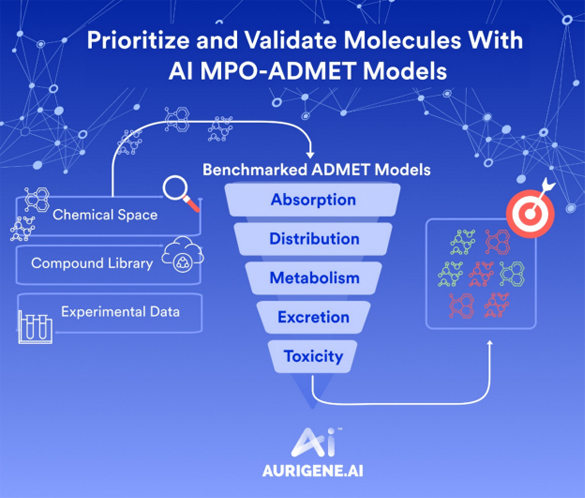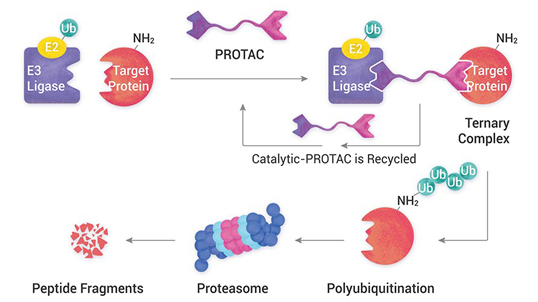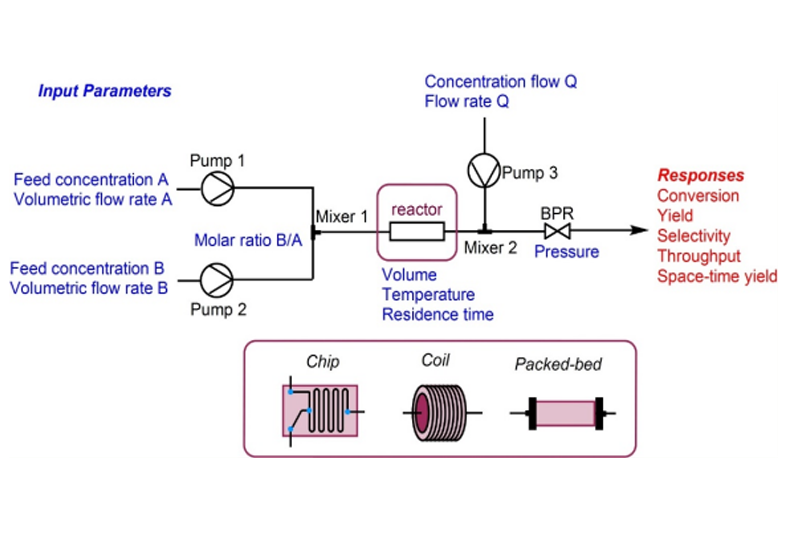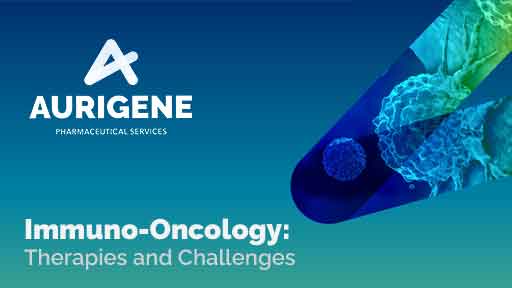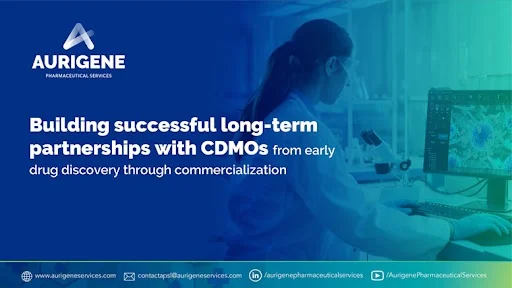

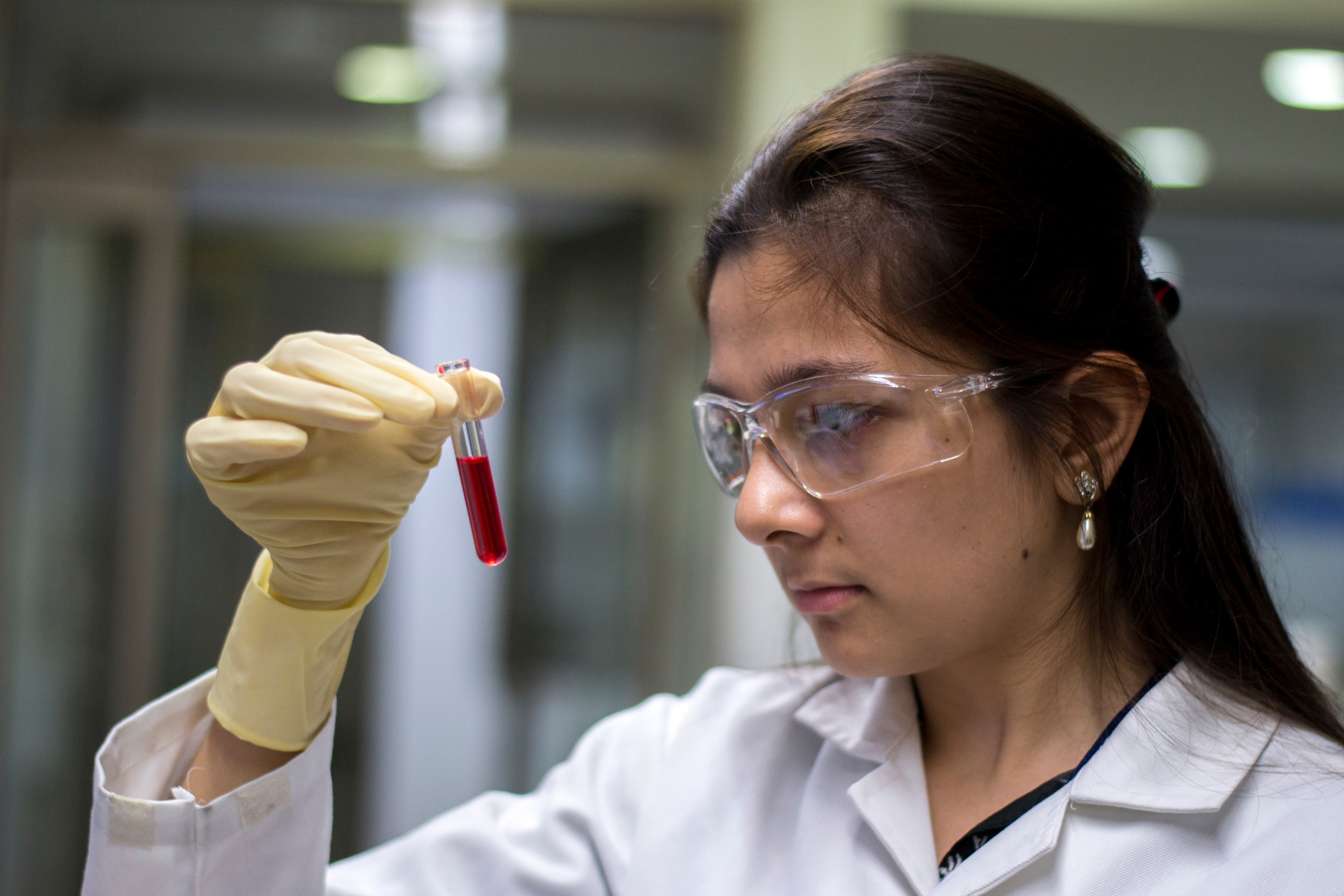
There is an emerging trend in carbohydrates derivative drugs for therapeutic use. Naturally, Carbohydrate is broken down in the body to produce energy for various biological activities. Carbohydrates can be segmented into monosaccharides, polysaccharides, complex pentasaccharides, nucleosides, nucleotides, glycopeptides, iminosugars, carbocyclic sugars and thioglycosides thiosugars.
Carbohydrate-protein reactions play an important role in the cell adhesion, signal transduction, pathogen recognition, inflammation, and stabilization of a protein. These functions can be artificially manipulated and such manipulation paves the way for carbohydrate synthesized drugs. Carbohydrate-protein binding/adhesion is of two types’ carbohydrate-lectin and carbohydrate-antibody binding. These binding functions can be manipulated for a potential drug discovery. Glyco Array technology can be helpful in identifying carbohydrate-binding sites.
Recent advances in the laboratory synthesis of carbohydrates make it possible to produce complex, pure, and structurally defined carbohydrate for drug discovery and development.
Carbohydrate synthesized drugs for various therapeutics uses
Anti-cancer – Synthetic carbohydrates based tumor-specific carbohydrate antigens (TACAs) are designed to trigger the natural response of the immune system. These antigens are identified as cancer antigens. Based on the TACAs the immune system develops specific immunity required for the future, and such TACAs can be used to produce potential vaccines.
Anti-bacterial – As there is a rise in antibiotic resistance, new approaches are needed to address it. Advanced development in glycol-chemistry and glycol-biology have shown promising results for synthetic carbohydrate vaccines. Carbohydrates may bind with the bacterium and engulf it, thus killing it.
Anti-inflammatory - Certain carbohydrates can be synthetically produced to block the inflammation producing agents such as dextran. These compounds might be able to block the inflammation receptors to reduce the inflammation in the body.
Anti-thrombotic – Carbohydrates are also seen as a new generation of thrombotic drugs. One example is glycosaminoglycan (GAG) polysaccharides, which can help reduce coagulation at the inflamed site and thus help reduce the activity of thrombin.
Latest Posts
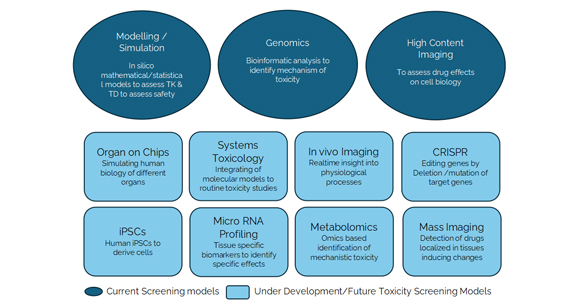
Good practices in non-clinical toxicology assessment to accelerate IND and NDA Submissions
You are about to leave Aurigene Pharmaceutical Services and affiliates website. Aurigene Pharmaceutical Services assumes no responsibility for the information presented on the external website or any further links from such sites. These links are presented to you only as a convenience, and the inclusion of any link does not imply endorsement by Aurigene Pharmaceutical Services.
If you wish to continue to this external website, click Proceed.


Leaving already?
Don't forget to join us at
CPHI Worldwide 2023.
October 24th-26th, 2023 | Barcelona, Spain
Get ready to accelerate your drug’s journey to the market


